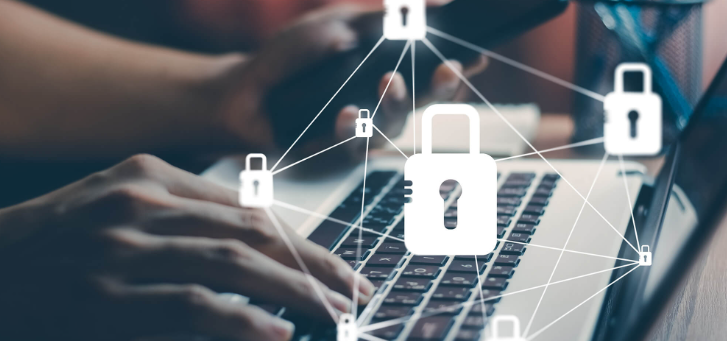If you run a reseller hosting business, your dedicated server is the heart of everything you do. That is why keeping it secure is very important. With dedicated hosting, you get full control, but that also means you must take full care of it.
A strong setup keeps your business and your clients safe. You can also explore different web hosting services that support your growing needs.

How to Keep Your Dedicated Server Secure
Keeping your dedicated server safe is not something you do once. It needs regular care and smart steps. Here are the most important tips to follow.
- Use Strong Passwords and Two-Factor Authentication
Strong passwords help protect your dedicated server security. Use a mix of capital and small letters, numbers, and symbols. Do not use names, birthdays, or simple words. Change passwords often to stay safe.
Also, turn on two-factor authentication. This adds another step when logging in, like entering a code from your phone. Even if someone guesses your password, they still cannot get in.
- Limit Access and Secure Remote Login
Only give server access to people who really need it. Do not allow everyone to have full control. For remote access, use public key authentication instead of passwords, as it is safer. Also, change the default port for SSH 22 to something different.
To make things more secure, always use a Virtual Private Network when logging in remotely. A Virtual Private Network hides your data and keeps it safe, especially when using public WiFi. This helps protect your dedicated secure server from unwanted access.
- Keep Software Updated and Use Firewalls
Old software can have bugs that hackers use to break in. Keep your system, control panel and apps updated with the latest security fixes.
Use a firewall to block unwanted access. You can also set up tools that watch for strange activity and alert you if something looks wrong. These steps help protect your secure dedicated server from threats.
- Scan for Malware and Monitor Server Logs
Malware can damage your secure dedicated server hosting and steal information. Use antivirus tools to scan for and remove any harmful files.
Check your server logs often. Logs show all activity and help you spot anything strange, like someone trying to break in. Set up alerts so you can act fast if needed.
- Protect Data and Use Secure Connections
Always encrypt your data so that no one else can read it. Do this when storing and sending data.
Use secure connections like HTTPS for websites and SFTP for file transfers. A Web Application Firewall (WAF) adds extra safety by blocking common attacks.
Back up your data regularly. If something goes wrong, backups help you restore your files quickly. This is a smart part of managing your dedicated server hosting.
Why Secure Dedicated Server Hosting Matters
If your business depends on dedicated server hosting, a security issue can cause big trouble, like lost data, unhappy clients, and downtime. That is why using secure dedicated server hosting is so important. A dedicated secure server gives you control and power, but only if you keep it protected.
Doing regular checks and getting expert help when needed will keep your dedicated server secure and running well.By following these simple tips, you can build strong, dedicated server security and give your clients the trust they deserve.












More Stories
How to Choose the Best Email Hosting Solution for Small Businesses
Online Business Ideas with High Earning Potential
Top Benefits of Email Hosting For Enhancing Client Communication